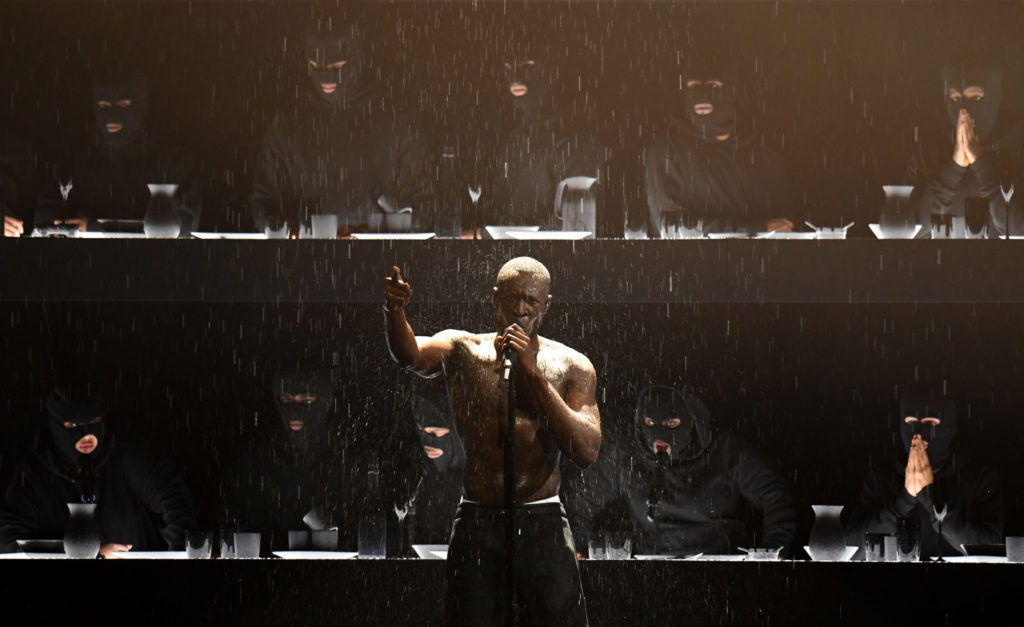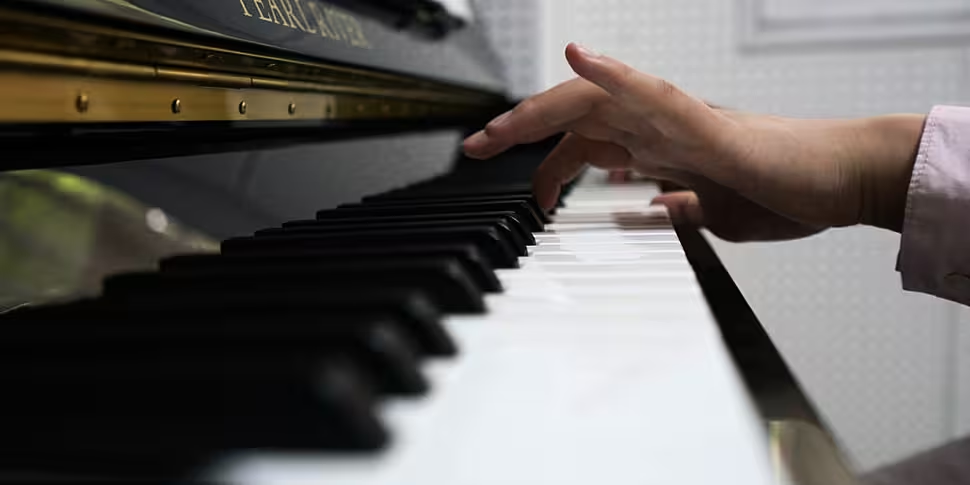A major study in the UK has called for schools to introduce more modern and popular music to keep children engaged in music lessons.
British charity Youth Music said the way music is taught in schools needs an "urgent transformation" to aid the development and wellbeing of disillusioned youngsters.
As part of its Exchanging Notes study, the charity spent the last four years working with ten educational facilities to co-design and deliver an “industry-facing” music curriculum in their schools.
The charity's CEO Matt Griffith said the study showed the benefits to pupils of "exchanging Mozart for Stormzy as part of a re-imagined music curriculum."
 Stormzy performs on stage during the 2018 BRIT Awards, 21-02-2019. Image: Victoria Jones/PA Archive/PA Images
Stormzy performs on stage during the 2018 BRIT Awards, 21-02-2019. Image: Victoria Jones/PA Archive/PA ImagesContemporary
In a letter to the UK Minister of State for School Standards Nick Gibb, Mr Griffith said the programme helped young who had previously been excluded re-enter mainstream education.
He said the number of young people performing above expectation in maths jumped from 14% to 21% and in English from 15% to 28%.
“Through effective partnership working between the schools and charities, young people participated in a music curriculum which reflected their diverse interests and existing lives in music,” he said.
“This contributed to their personal development and emotional well-being as a result of regular music-making.
“An important factor was that the type of music explored in the curriculum wasn’t imposed on them – it was instead decided and delivered with them.”
Leaving Cert
In Ireland, the Leaving Certificate music curriculum has remained unchanged since 1996 - and features works from classical composers and The Beatles.
Hannah O'Connell, Deputy Editor with District Magazine, said introducing more modern artists to the curriculum could offer classrooms a little more variety.
"Stormzy is a UK artist," she said. "I think we would have to look at Irish artists and people we have here as well."
"But I do think Hip Hop is a really interesting genre to look at putting on the curriculum because people that rap and people that use spoken word have so much to say and a lot of the time they are speaking about socio-economic or political issues.
"I think that is a really interesting 'in' to have a conversation with students about that kind of thing through music."
Exchanging Notes
The study worked with 974 young musicians – 72 of whom were tracked across four years.
Youth Music said the findings demonstrate that “music in schools has the potential to re-engage young people in education, develop their confidence, resilience and self-belief, and create a more positive attitude to learning.”
Seven of the ten partnerships formed as part of the study are ongoing – and Youth Music is hoping UK authorities will now consider a new approach to teaching music in schools.
"Schools can offer an inspirational music curriculum that better supports social and emotional well-being,” said Mr Griffiths.
“The music industry talent pipeline grows and is more diverse – and young people's lives in music are completely connected both in and out of school.”









